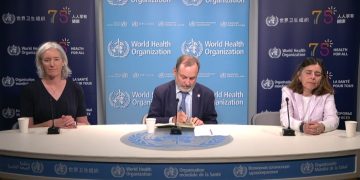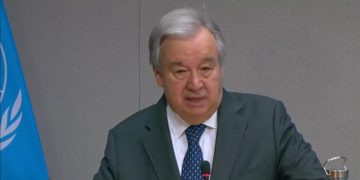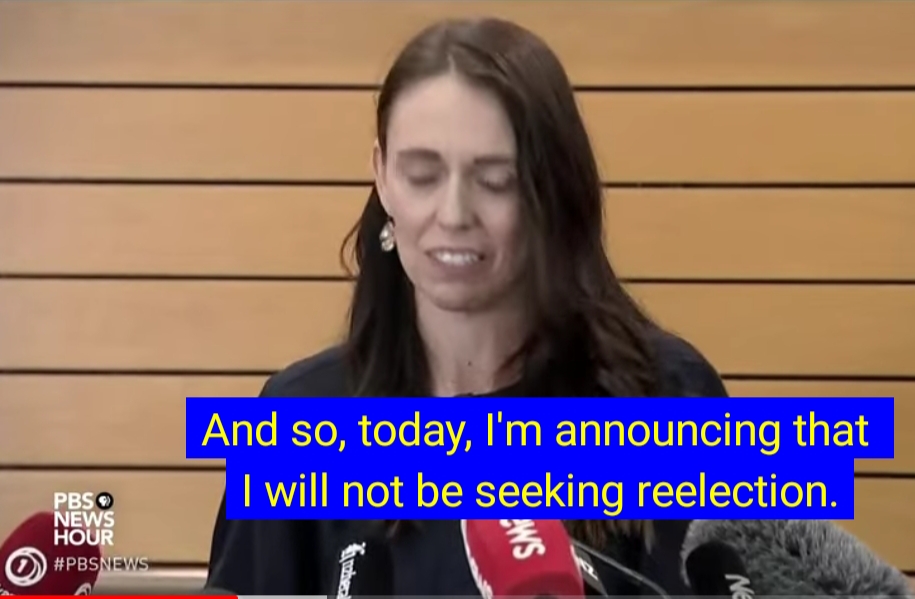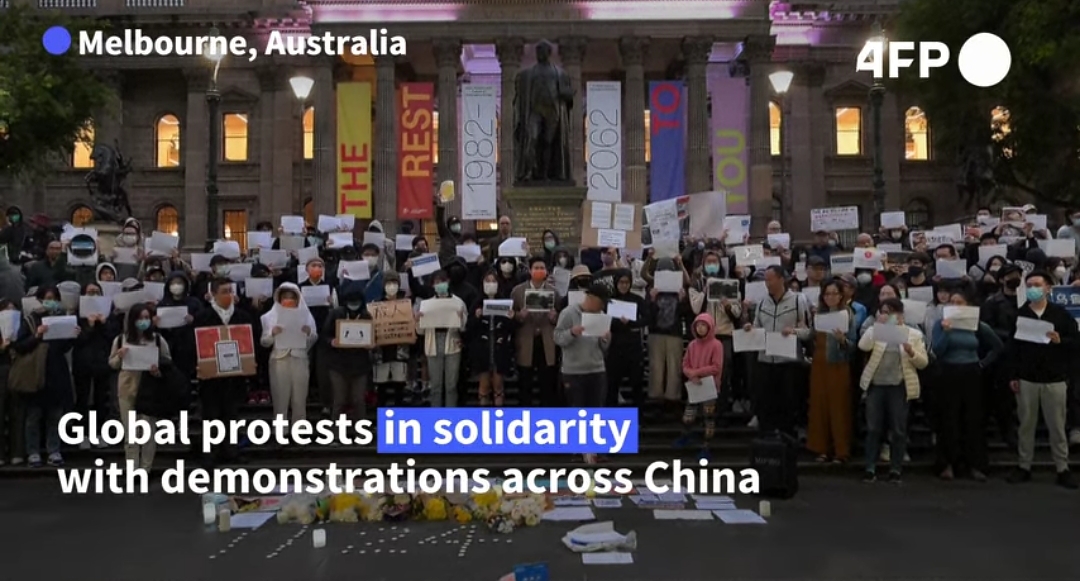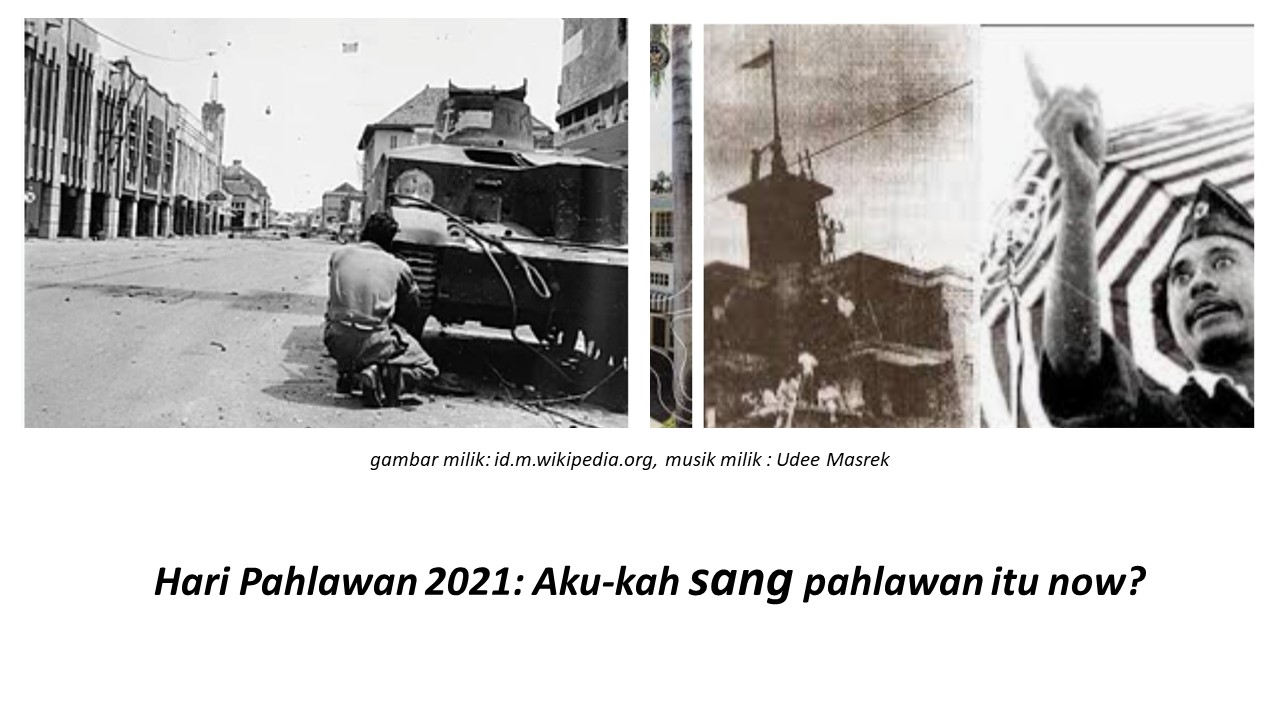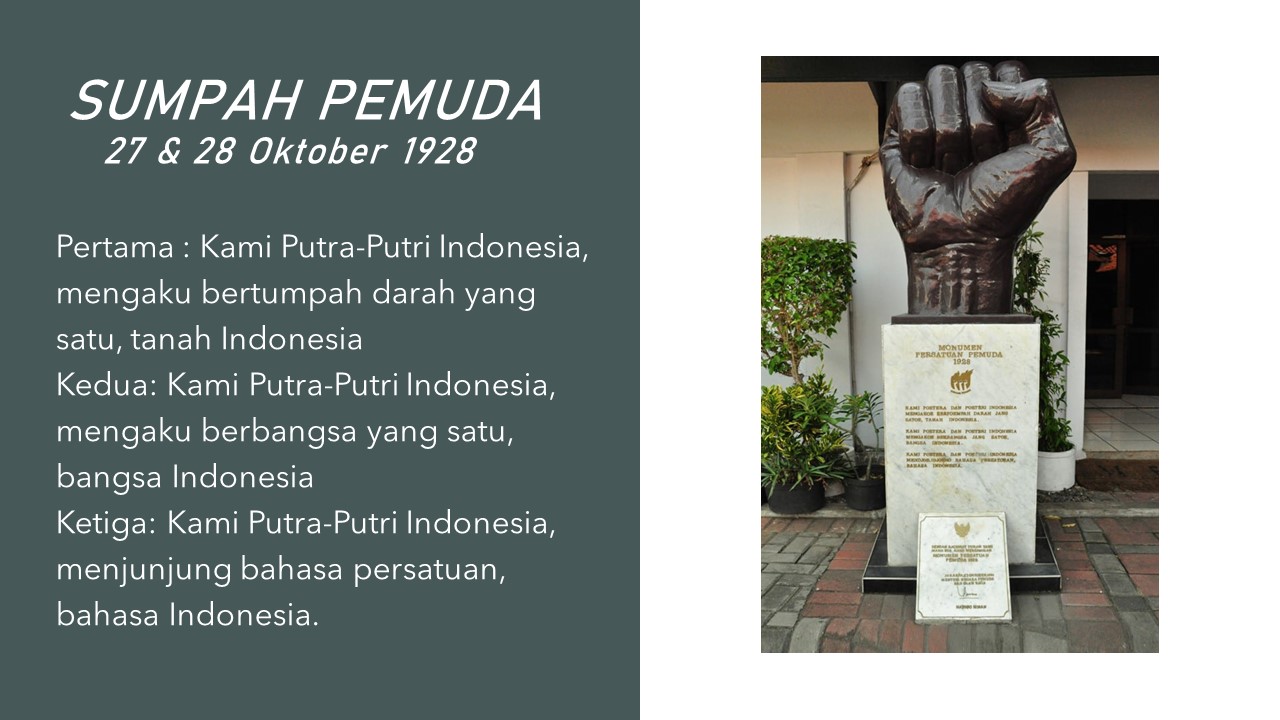New York, 28 July 2023, The Deputy Executive Director said at least 38 of 86 WFP country operations have already seen cuts or plan to cut soon. The size and scope of life-saving food cash and nutrition assistant programs, that is almost half of WFP’s operations worldwide. He highlighted WFP is entering a humanitarian doom loop, where we save people who are starving at the cost of allowing millions of others to fall closer into that same category. Ration cuts are not the way to go forward. Therefore, he called on world leaders to ‘prioritize funding for humanitarian response and as coordination among aid organizations in government and invest in long term solution that can address the root causes of this crisis such as conflict, poverty reduction, and sustainable development.’ He emphasized that this is the largest food and nutrition crisis in history persists today with 345 million people continue to be acutely food insecure, while hundreds of millions of people are at risk of worsening hunger.
The causes of this food crisis are manifold: climate change, unrelenting disasters and the aggravated pressure from persistent food price inflation and mounting depth distress or stress amid the unexpected global economy slowdown. The fact is conflict and insecurity remain a primary driver of acute hunger around the world.”
The Deputy director explained the impacts of armed conflict on food security. The direct impact such as displacement from land looting, or destruction of food stocks and agricultural assets. The indirect impact can include the disruption of the food system and markets and decreases access to supplies necessary for food preparation, such as fuel and water. Many of the countries where WFP works are dramatic examples of the link between conflict and hunger.” On Sudan, Skau said that on Thursday (27 Jul), an interagency mission carried out a humanitarian assessment to Darfur, crossing from Adré in Chad and traveling to El Geneina in West Darfur, “this is the first time that we have been able to reach El Geneina since the start of the conflict in April.” He continued, “The team passed through towns and villages that are almost totally abandoned, following a mass exodus of people. Most infrastructure from health facilities to banks has been destroyed. And those that remain are mostly women and their children who are acutely vulnerable and have not been able to flee because they’re too scared.”
Skau reiterated that the collapse of the Black Sea Initiative is of course regrettable, to say the least. WFP has shipped more than 725,000 tons of grain relieving hunger in some of the hardest hit corners of the world, including Afghanistan, the Horn of Africa. and Yemen. Currently, WFP relies on Ukraine, a competitively priced, accessible and high-quality source of wheat, despite the war, and thanks to this accord, Ukraine was WFP’s biggest supplier of wheat in 2022, supplying more than half of WFP’s wheat grain. Losing the source is now of great concern of course, and this is about keeping the barn door open, just when millions are knocking on it.
Deputy director’s call to Global Leaders that the world really needs unity. We certainly agree with it especially to the commitment of SDG 2 to be accomplished; so there is no one left behind and no more famine.
Related links :





